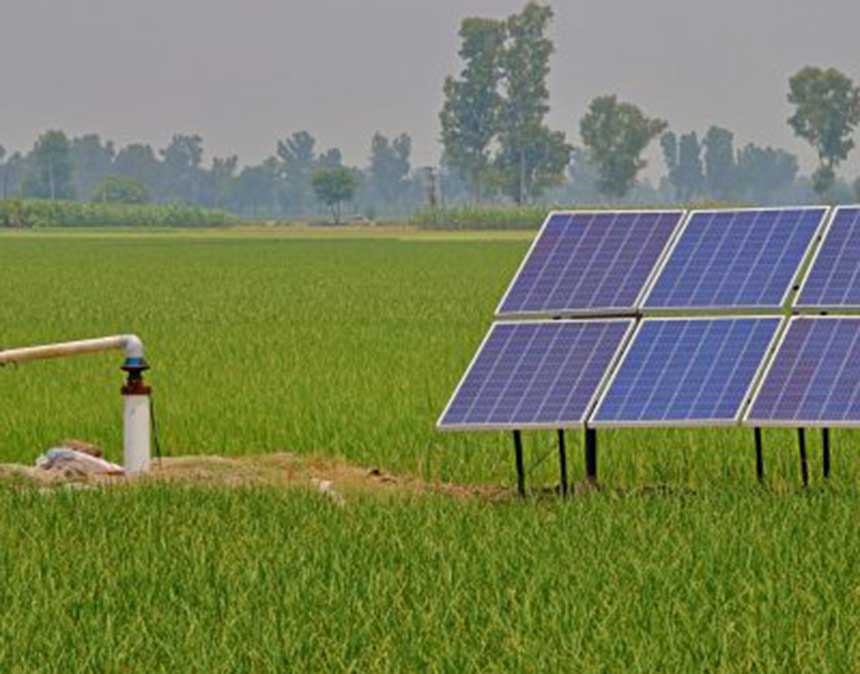Improving Water, Sanitation, Hygiene of Communities
Water, Sanitation & Hygiene (WASH) Program

Shramik Bharti believes that safe drinking water and toilet facilities are fundamental rights of an individual in his quest to. With this understanding Shramik Bharti is engaged in ensuring safe drinking water, sanitation and promotion of hygiene practices in urban and rural communities in Uttar Pradesh and Punjab.
Shramik Bharti had taken up an Action Research project on WASH in rural areas of Saharanpur district with the support of Rajiv Gandhi Charitable Trust along with International Centre for Research on Women (ICRW) as our research partner. And we also worked on sanitation issue in 10 Gram Panchayats of Ekona Block of Shravasti district with the support of United Nations Development Fund for Women (UNIFEM).

WASH Program among marginalized communities
We have adopted Community-Led Total Sanitation (CLTS) approach to sensitize the community about the issues of Health and Sanitation, capacitated citizen leaders, formed Ward committees and District WASH forum to demand WASH rights and ensure sustainable management of WASH facilities. Our concerted efforts lead towards making 57 urban communities and 12 villages of Kanpur Nagar and 1 village in Fatehpur district Open Defecation Free (ODF).
With the launch of Swachch Bharat Mission (G), the pace for toilet construction is increased. But even where they have been built, studies have shown that the vast majority are not being used, especially in rural areas. In some cases, it’s because the toilets still aren’t connected to clean water and sewers. Shramik Bharti ensured the use of toilets by restoration of partially functional/defunct toilets of poor households; 342 Household toilets in Uttar Pradesh and 133 Household Toilets in Punjab were restored with the support of HDFC Bank.
Menstrual Hygiene Management
Shramik Bharti is working on Menstrual Hygiene Management Education enabling young girls and women to manage their menstruation properly and with dignity. These sessions are organized in schools and communities.

Community Bathroom
Shramik Bharti constructed 70 community bathrooms near public hand pumps in villages of Uttar Pradesh with the support of HDFC Bank. This initiative is ensuring safety and dignity of women from 700+ poor households in Uttar Pradesh.
Household Bathroom


Household Wastewater Soakpits
School WASH Program:
Adequate, well maintained water supply and sanitation facilities in schools encourage children to attend school regularly and help them achieve their educational goals. It is especially true in the case of adolescent girls who skip schools during menstruation. This hampers their education and leads them to drop out of school completely.
Shramik Bharti is addressing these issues effectively through its School WASH Program with the core objective of integrating and improving WASH facilities and behavior in schools.

School Hygiene Education sessions are conducted on Hand Washing, Use of Toilet, Safe Handling of Food, Safe Handling of Water, Sanitary Disposal of Child Faeces and Menstrual Hygiene Management.
Along with Information empowerment 12 School Sanitation complexes are constructed and 11 school sanitation units restored in 21 villages of Uttar Pradesh and 16 School Sanitation units were restored in 8 villages of Punjab with the support of HDFC Bank. Similarly School WASH (Water, Sanitation and Hygiene) facilities of 64 schools were improved benefitting 68,949 persons with the support of WaterAid.

Water Security
Increasingly groundwater depletion is adding to the already stressed crop production economy. Shivrajpur block of Kanpur Nagar has been recognized as semi-critical for groundwater as per Central Ground Water Board. Therefore, Shramik Bharti started working in this area in 2010.
More than 50 recharge bore wells were constructed in farmlands in villages of Kanpur with the support of individual donations received through GiveIndia. 50 rain water harvesting pits in farmlands and 5 roof top rain water harvesting structures are constructed in 8 villages of Punjab with the support of HDFC Bank.

